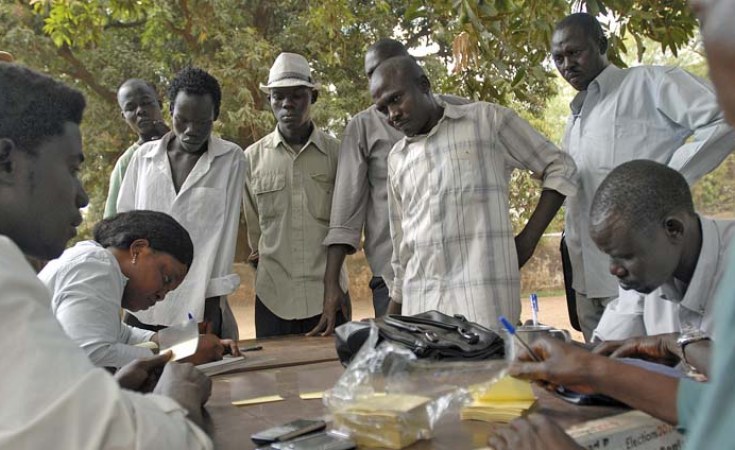The United States has condemned the Sudanese ruling party for introducing last-minute unilateral changes to the law under which southern Sudanese will vote on whether they want independence.
The Sudan Tribune reports from Khartoum that when the bill providing for a referendum on independence for Southern Sudan went to the National Assembly on Tuesday, members of the ruling National Congress Party (NCP) scrapped a provision that southerners who wanted to vote had to register and vote in the south.
Before being changed, the bill had been agreed upon in negotiations between the NCP and the Sudan People’s Liberation Movement (SPLM), which rules the south.
The Comprehensive Peace Accord (CPA) of 2005, which brought about peace between between the north and the south, stipulated that the south could vote on independence in 2011.
The Tribune quoted Ezekiel Lol Gatkuoth, a Southern Sudan diplomat and member of the SPLM National Liberation Council, as saying the parties had agreed that "if you are Northern Sudanese and your heritage is from the South you need to come to Southern Sudan to prove it and then you will vote."
He said the SPLM would not accept the law as passed: "It is a known behavior of the NCP to agree and renege," he alleged.
On Wednesday, the United States State Department said it was "deeply concerned" about changes to the agreed text of the bill.
"Reneging on the agreement... undermines the peace process, jeopardizes CPA implementation, and risks sparking renewed political hostilities between the parties," said department spokesman Ian Kelly.
"We call on the parties to pass the remaining bills, including the Abyei referendum bill [providing for a referendum in the Abyei region also], using the text as agreed, and to restore the Southern Sudan referendum bill to the agreed-upon language before it is signed into law."
Kelly said the U.S. was also concerned about the passing of a new national security law which "contains no new measures of accountability for the security services.
"For elections to be credible, it is incumbent on the regime to demonstrate in word and in deed that this law will not be used to arrest and detain political opponents," he added.


